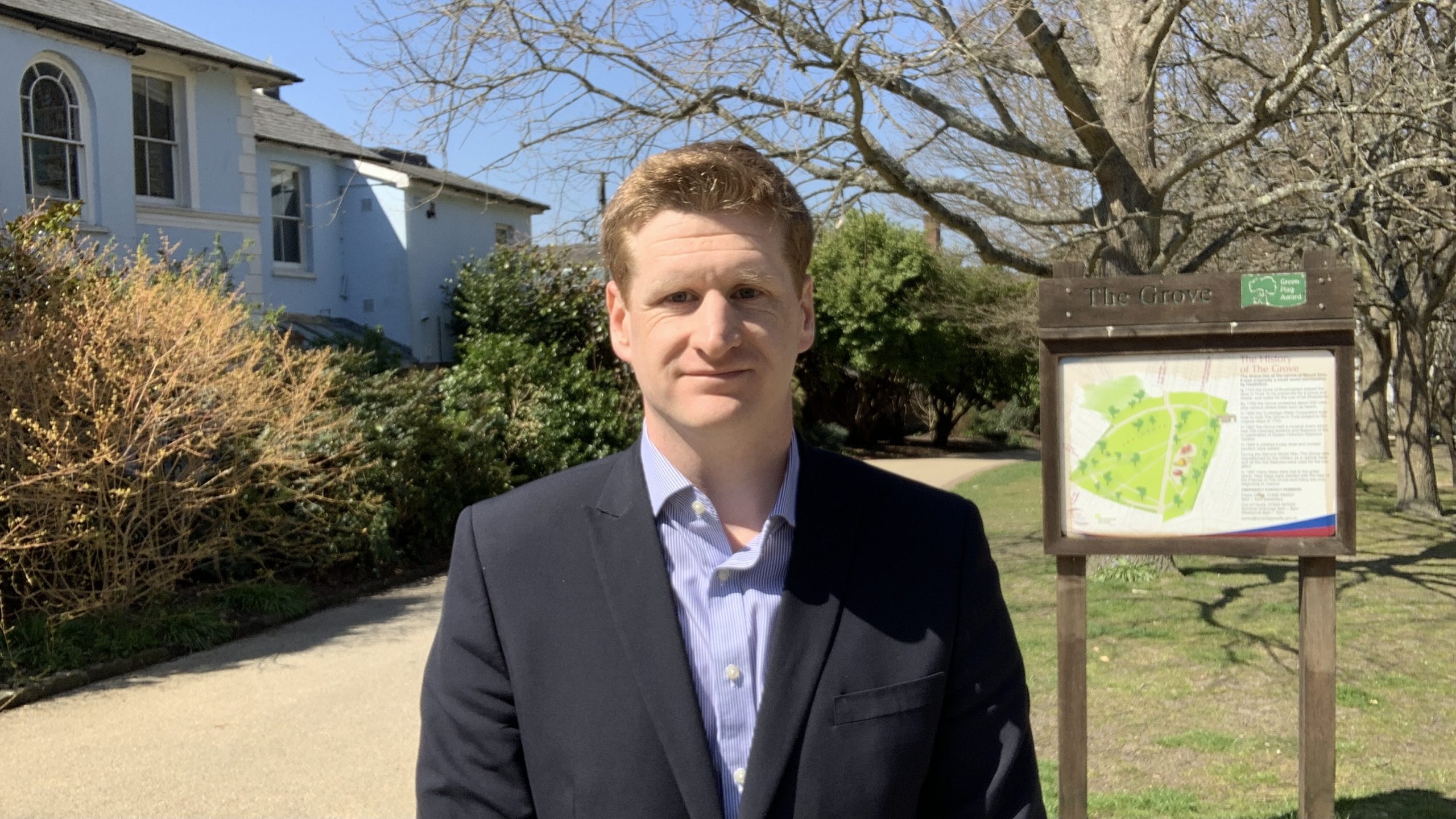When discussing mental health and policing I am reminded of a time when I was at a local shopping centre doing one of my street stalls. The manager approached me asking for assistance because there was someone in crisis they were looking after. The Police were already on their way.
They asked me what more they could do and I suggested that he called the local crisis team. When they eventually got through, they were told to phone the Police instead.
This might be dismissed as just one example. I’m sure that most Police Officers will be able to draw many similar experiences of when they will have had to step in when the NHS didn’t. There will also be examples of mental health professionals and the Police working together to support a vulnerable person in their time of need.
The Police do have a role to play in mental health emergencies and they always will have. They retain legal powers in this respect. What has been happening over the last decade or so is the circumstances that the Police will be called, or left, to deal with where people are experiencing issues with their mental health has drastically expanded.
I have long warned that dealing with cases involving mental health was taking up as much as one third of all of Kent Police’s time. And that is cases in their widest sense – not just crisis. We now have some really effective partnership working locally which has seen a drastic reduction in the number of people detained under section 136 of the Mental Health Act. And the time Officers spend waiting with them has reduced by about a third. There is some way still to go but this is welcome step in the right direction.
Across the country, PCCs and Chief Constables have been working on a variety of different schemes with the NHS to reduce the pressure on policing, from street triage schemes to mental health workers being co-located in Police call centres, with various levels of success. Many of these are effective but are a substitute for proper crisis care services.
What we are now seeing in London is an extension of work that has been piloted elsewhere in the country, although it seems on a shorter timescale. It follows the pioneering “Right Care, Right Person” work in Humberside. The Metropolitan Police Commissioner, Sir Mark Rowley, has allegedly advised NHS Leaders in the capital that his Officers will no longer attend every call relating to mental health.
It is important to distinguish straightaway that this does not relate to every emergency call – and the coverage and inference of this has been reckless to suggest that this would be the case. In other cases some of the reaction has been quite ridiculous in its nature, with people jumping on the bandwagon to blame the Met for this turn of events rather than the real source of these issues, which is NHS provision.
It is not acceptable for the police to continue to pick up the pieces and anyone who thinks this is doing vulnerable people a disservice. The time spent dealing with such cases is time that could be spent supporting victims of crime, or tackling local issues.
I suspect that the alleged implementation date of August will move and could be a target to help focus minds. The timetable will be important, as will be the support, training and top cover for the Officers and Staff who will be the ones actually making the day to day decisions.
The Metropolitan Police are right to make this move if they aren’t getting traction. It might not be the right time for Kent because we have a much improved partnership position. But more Police Forces will be following suit. It is the right thing to do. However, we should not hold policing to account for a set of circumstances that were not of their making.
The real issue here is NHS provision. Parity between mental and physical health services does not yet exist and further, ringfenced mental health funding needs to be provided to make this the case. That way people will get the right care from the right person.


